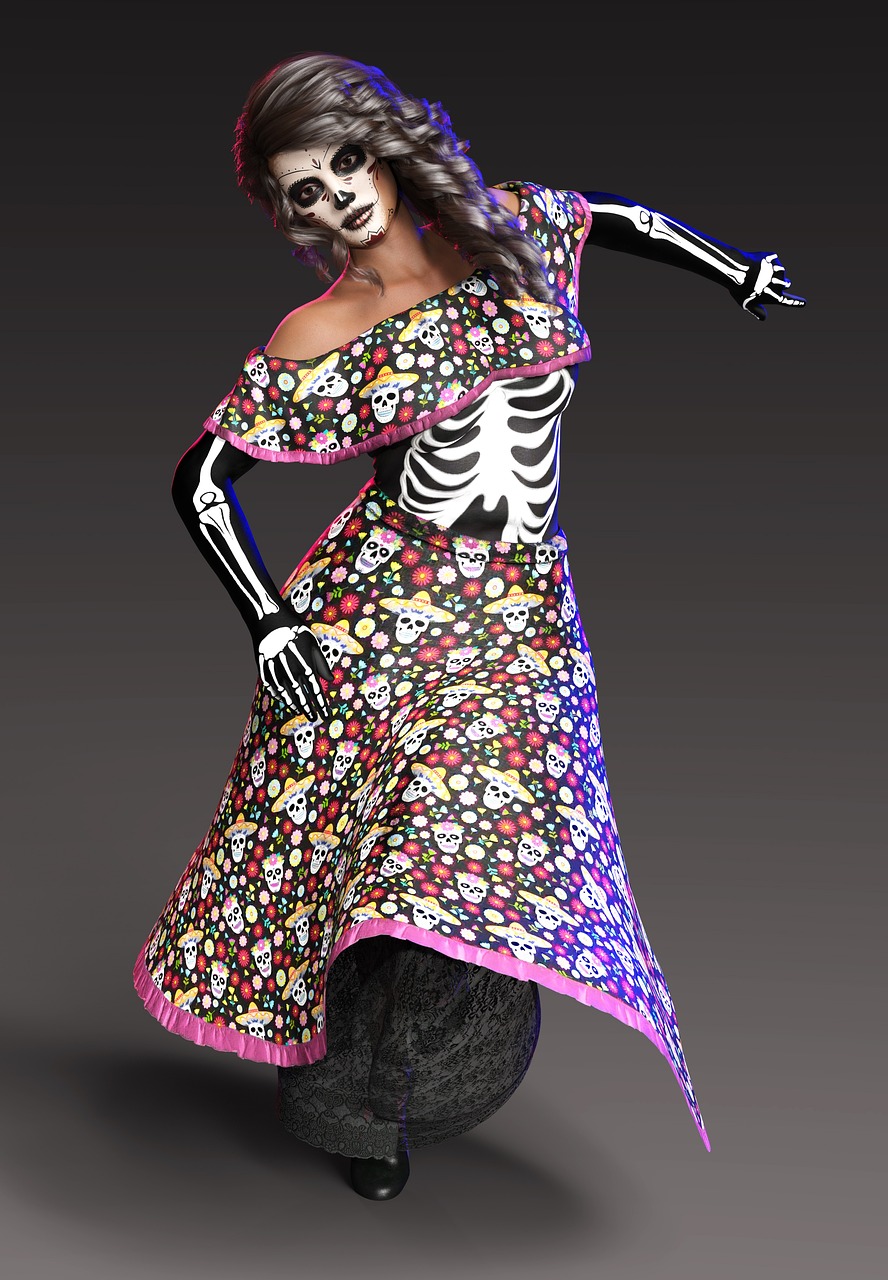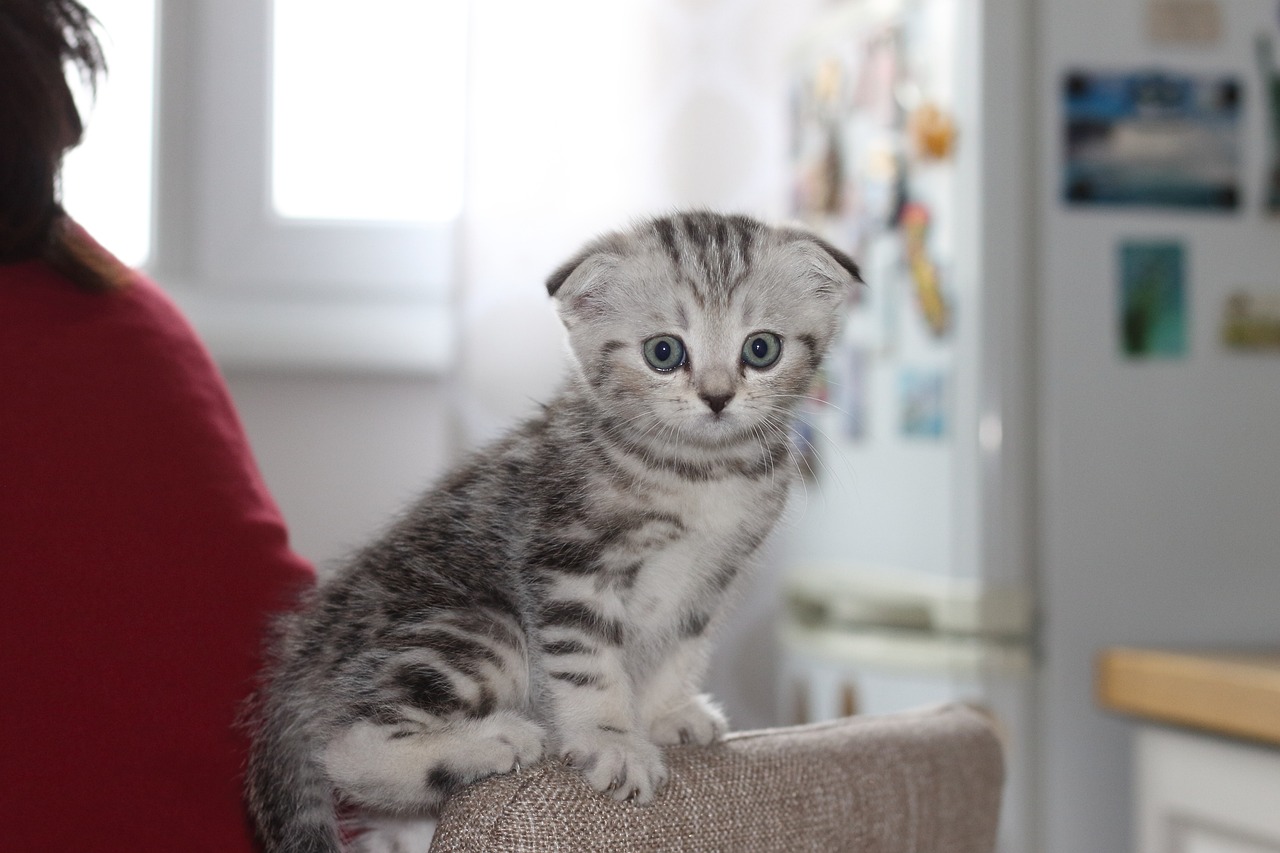Celtic Mythology
-
The Fearsome Warrior Queen of Irish Mythology: Scáthach Scáthach, the legendary warrior who mentored the epic hero Cú Chulainn, stands out as one of the most formidable characters in Irish mythology. Renowned as “The Shadow,” this Scottish queen resided in a castle on the Isle of Skye, where she imparted her martial skills to aspiring…
-

The Significance of Samhain and Tlachtga in Celtic Tradition Samhain, celebrated on November 1st, is a festival that signifies the “end of summer” and represents the conclusion of the Celtic year with the arrival of winter. October 31st marks a time of deep reflection as both ancestors and the living intersect in a mystical realm.…
-
Overview In Celtic legends, Medb stands as the Queen of Connacht, depicted as a central antagonist in the Ulster Cycle. Intelligent and powerful, she ruled over Western Ireland and extended her influence across much of the isle. Her tumultuous relationship with her previous spouse, Conchobar of Ulster, placed her in direct opposition to the famed…
-

At the historic location of Emain Macha, where the ancient rulers of Ulster once presided, the realms of history and mythology intertwine, creating a narrative rich with heroism, strife, and spirituality. The name Emain Macha itself pays homage to a Celtic goddess, a unique distinction among Celtic sites. This connection even influences the name of…
-
Celebrating St. Brigid’s Day: The Arrival of Spring Happy St. Brigid’s Day! For the ancient Celts, February 1st signified the onset of spring, a delightful thought as we endure the chilly winter months. This date marks the festival of Imbolc, translating to “in the belly,” which signifies the early pregnancy of ewes and the anticipated…
-
Overview The Dagda is known as the supreme deity of the Tuatha dé Danann, a prominent group among Irish ancestral deities. Exceedingly skilled and profoundly wise, he embodies the concepts of life and death while also overseeing the seasons, agriculture, fertility, magic, and druidry. The Dagda is often depicted with three cherished artifacts: a cauldron…
-
The ancient deity of the Celts, known as Brigid, dates back to the era of Pre-Christian Ireland. She is prominently featured in Irish folklore as a notable goddess and is recognized as the offspring of the Dagda. Brigid is linked with a variety of important themes, which sometimes complicates the understanding of her divine role.…
-
Introduction to Medb Medb, the daughter of the king of Tara, has a storied and complex legacy in Celtic mythology. Her narrative is marked by the shocking murder of her pregnant sister, a dark beginning that set the tone for her reign. Upon marrying Aillil, Medb seized control over Connacht, a territory that her sister…
-

In the realm of Scottish mythology, the each-uisge is depicted as a mystical water horse that roams the Highlands. The term each-uisge is derived from Scottish Gaelic, signifying ‘water horse’. Its Irish counterpart is known as the each-uisace or Ech-Ushkya, while on the Isle of Man, it is referred to as cabyll-ushtey. Renowned for its…
-

Belenos: The Shining Deity of Celtic Belief Belenos, also recognized by various names such as Belen, Belenus, Belinus, Bellinus, and Bélénos, is a noteworthy figure within Celtic mythology. Considered one of the significant high gods in this belief system, he is widely acknowledged across the entire Celtic realm and is linked to various geographical locations…


